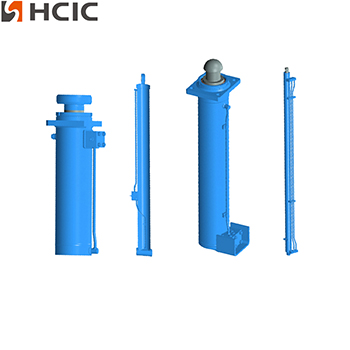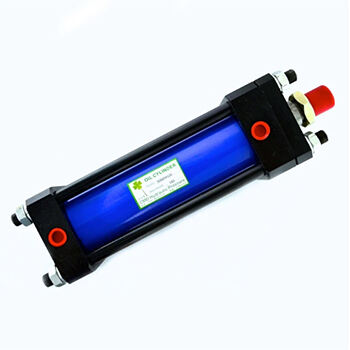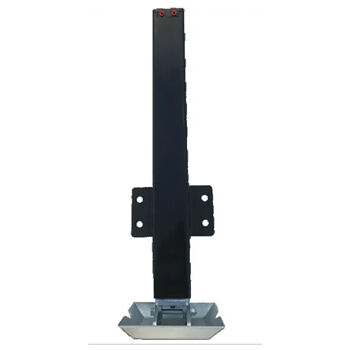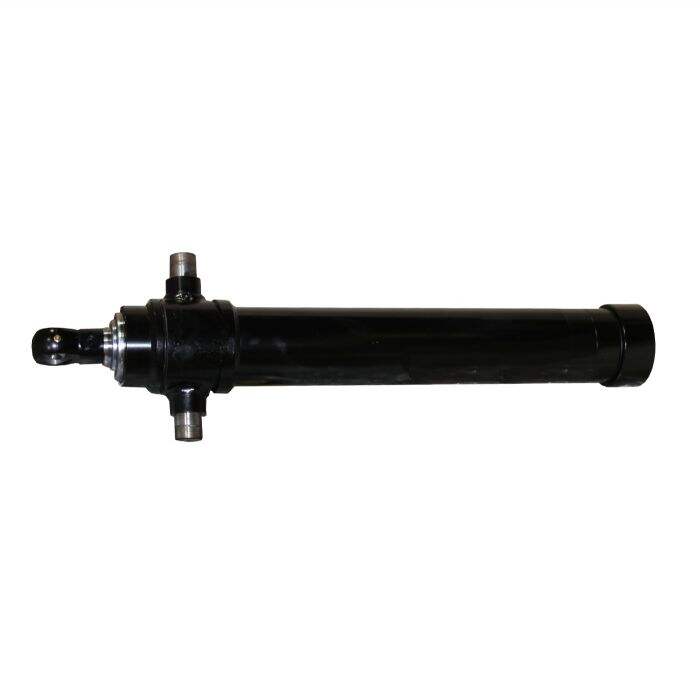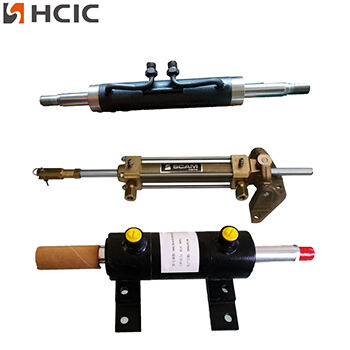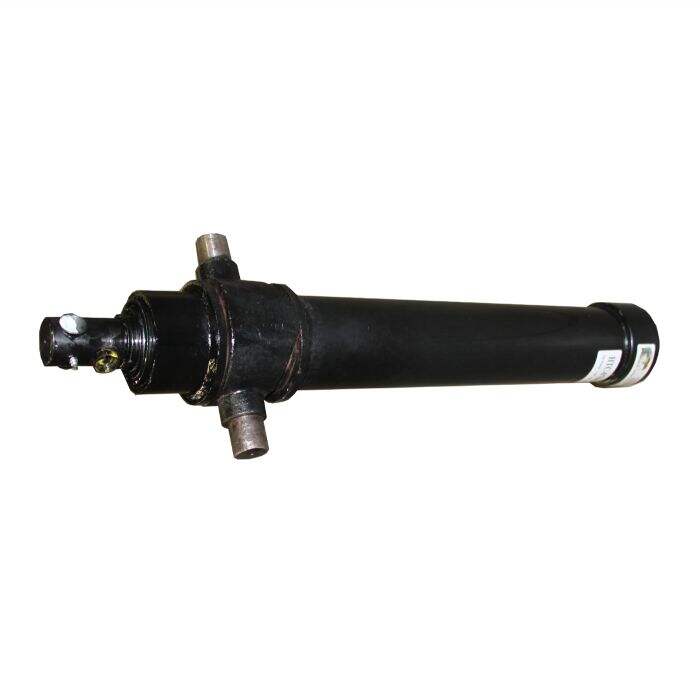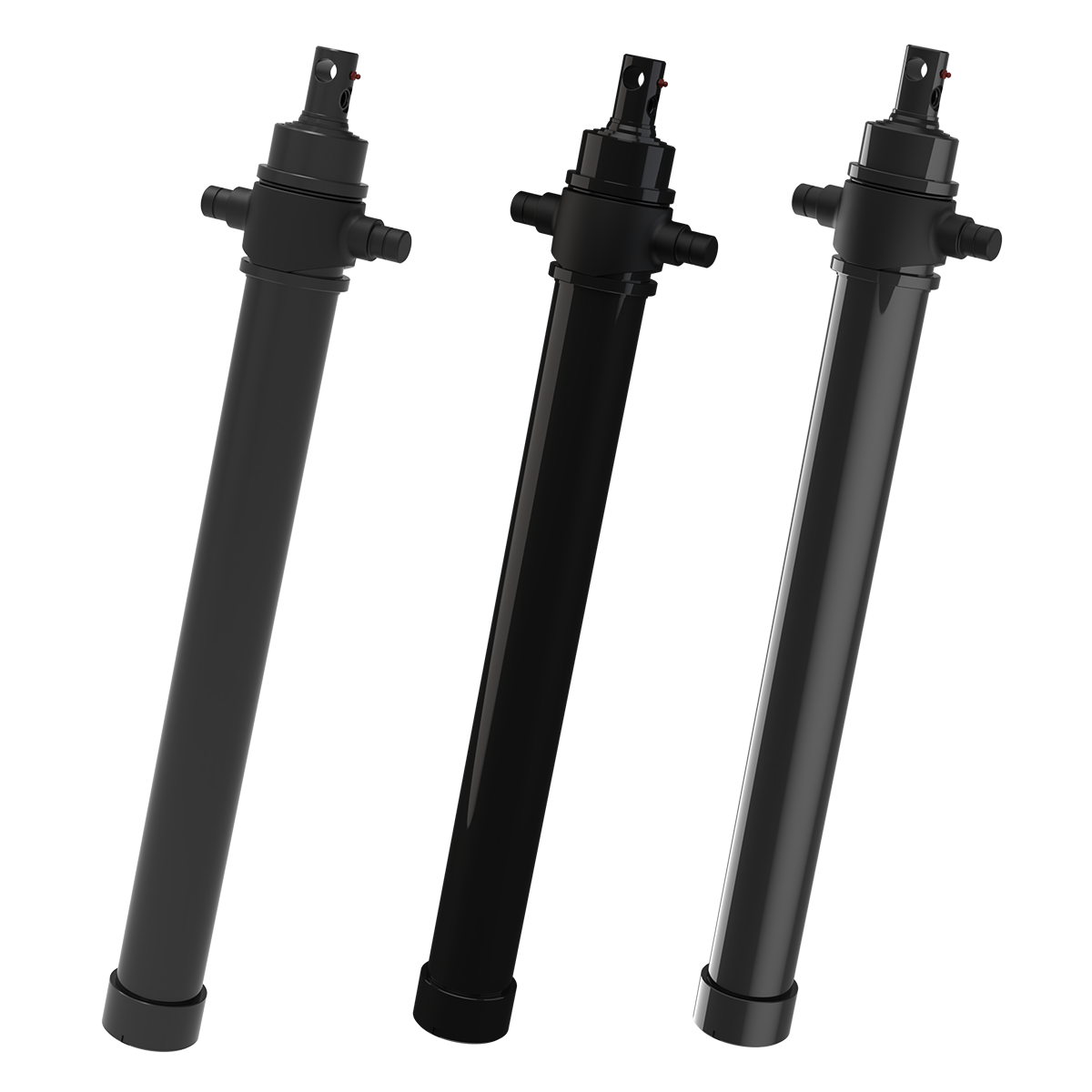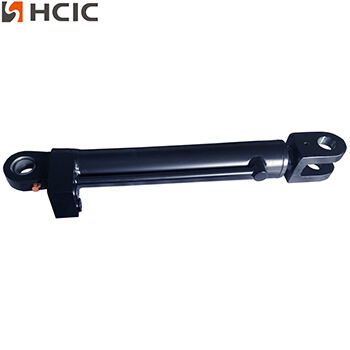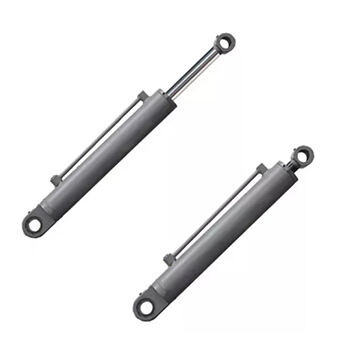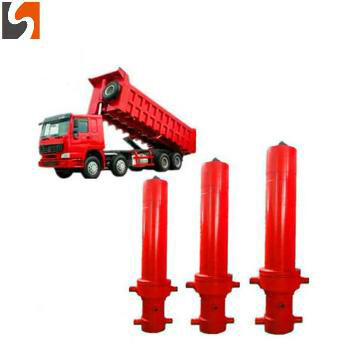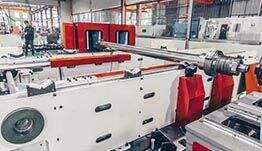What is a Hydraulic Filter?
Sep 06, 2024
What is a Hydraulic Filter?
A hydraulic filter is a device used to remove contaminants such as dirt, metal particles, and other impurities from the hydraulic fluid in a hydraulic system. Since hydraulic systems rely on clean, uncontaminated fluid to function properly, hydraulic filters play a crucial role in maintaining the system’s efficiency, reliability, and longevity.
Hydraulic filters are installed at various points within the system, such as in the reservoir, on the return lines, or on the pressure lines, to ensure that the fluid remains clean as it circulates through the system.
Types of Hydraulic Filters
1. Suction Filters:
- Positioned between the hydraulic reservoir and the pump.
- Prevent large contaminants from entering the pump and causing damage.
- Typically designed with a coarse filtration level to handle large particles.
2. Pressure Filters:
- Installed after the pump to filter the fluid before it reaches sensitive components like valves and actuators.
- Handle high-pressure conditions and protect downstream components from fine contaminants.
- Often feature finer filtration ratings due to the high precision needed in downstream equipment.
3. Return Line Filters:
- Located on the return line, filtering fluid as it returns to the reservoir from the system.
- Capture debris generated by wear and tear of components, preventing contaminants from re-entering the reservoir.
4. Off-Line or Kidney Loop Filters:
- Used in systems where continuous filtration is required without interrupting the main hydraulic system.
- Often installed in large systems for fluid conditioning and cleaning over extended periods.
5. Breather Filters:
- Mounted on the reservoir to allow air to enter or exit while keeping out dust and moisture.
- Prevent airborne contaminants from entering the hydraulic fluid, which is important in environments with high dust or moisture levels.
6. In-Line Filters:
- Installed directly in the hydraulic line, often for portable or mobile systems, to filter fluid as it flows through various system components.
- Can be used to target specific areas that require additional filtration.
Importance of Hydraulic Filters in Hydraulic Systems
Hydraulic filters are vital to the performance, efficiency, and longevity of hydraulic systems. Contaminated hydraulic fluid can cause a wide range of problems, from reduced efficiency to complete system failure. Here’s why hydraulic filters are so important:
1. Prevent Component Damage
- Hydraulic systems consist of precision components such as pumps, valves, and actuators. Even small particles can cause wear, blockages, and damage to these components. By filtering out contaminants, hydraulic filters protect sensitive components and prevent premature failure.
2. Maintain System Efficiency
- Contaminants in hydraulic fluid can cause increased friction and wear on system components, leading to reduced efficiency and performance. Clean hydraulic fluid reduces internal friction, improves response times, and ensures smooth system operation.
3. Reduce Downtime and Maintenance Costs
- Dirty hydraulic fluid can lead to frequent breakdowns and repairs. By maintaining clean fluid, hydraulic filters reduce the need for unscheduled maintenance, which in turn minimizes system downtime and lowers maintenance costs.
4. Prolong Fluid and Component Life
- Hydraulic fluid is the lifeblood of the system. Contaminants can degrade the fluid’s properties, such as its viscosity and lubricating ability. This can lead to increased wear and shorter lifespans for both the fluid and the system components. Proper filtration helps extend the life of the fluid and the system by maintaining optimal fluid properties.
5. Prevent Cavitation and Blockages
- Particles and contaminants can block flow paths, causing cavitation or restricted flow in the hydraulic system. Cavitation is a condition where vapor bubbles form in the fluid due to low pressure, which can cause damage to the pump and other components. Filters help maintain smooth fluid flow and prevent cavitation by removing particles.
6. Ensure System Reliability and Safety
- Hydraulic systems are often used in critical applications, such as in heavy machinery, industrial equipment, and aircraft. A system failure caused by contaminated fluid can have serious safety implications. Hydraulic filters help ensure that the system operates reliably and safely by maintaining clean fluid at all times.
7. Optimize Precision and Control
- Hydraulic systems rely on the precise movement of fluid to control actuators and valves. Contaminants in the fluid can cause erratic movement or sluggish operation, reducing the precision of the system. By keeping the fluid clean, filters help maintain the precision and control required for sensitive operations.
8. Meet OEM and Industry Standards
- Many manufacturers of hydraulic equipment specify strict cleanliness levels for hydraulic fluid. Using proper filtration ensures compliance with these specifications, preventing voided warranties and ensuring optimal performance.
Filtration Ratings and Efficiency
Hydraulic filters are rated by their ability to remove particles of specific sizes from the fluid. The filtration rating is often given in microns, which refers to the size of particles the filter can trap.
- Coarse Filtration (20–40 microns): Suitable for capturing large particles, used in suction or return line filters.
- Medium Filtration (10–20 microns): Suitable for most general-purpose hydraulic systems.
- Fine Filtration (1–10 microns): Required for high-precision systems, such as those in aerospace or medical equipment, where even the smallest particles can cause damage.
Filters also have an efficiency rating based on how effectively they remove particles from the fluid. This is often described using the Beta ratio, which indicates how many particles of a specific size the filter removes compared to how many pass through it.
Maintenance of Hydraulic Filters
1. Regular Inspection: Filters should be inspected periodically for blockages, wear, or contamination buildup.
2. Replacement Schedule: Most filters have a recommended service life, after which they should be replaced to maintain optimal filtration performance.
3. Condition Monitoring: Some systems include pressure indicators or sensors that alert operators when a filter is becoming clogged or needs to be changed.
4. Proper Installation: Ensuring that filters are properly installed and the right filter type is used for the system’s specific needs is essential to effective filtration.
Conclusion
Hydraulic filters are critical components that ensure the cleanliness, efficiency, and longevity of hydraulic systems. They prevent contamination from damaging sensitive components, improve system performance, reduce downtime, and increase the lifespan of both the fluid and the machinery. Regular maintenance and proper filtration selection are key to keeping hydraulic systems operating reliably and safely.

 EN
EN
 AR
AR
 BG
BG
 HR
HR
 CS
CS
 DA
DA
 NL
NL
 FI
FI
 FR
FR
 DE
DE
 EL
EL
 HI
HI
 IT
IT
 JA
JA
 KO
KO
 NO
NO
 PL
PL
 PT
PT
 RO
RO
 RU
RU
 ES
ES
 SV
SV
 CA
CA
 TL
TL
 IW
IW
 ID
ID
 LV
LV
 LT
LT
 SR
SR
 SK
SK
 UK
UK
 VI
VI
 HU
HU
 TH
TH
 TR
TR
 FA
FA
 MS
MS
 GA
GA
 CY
CY
 KA
KA

